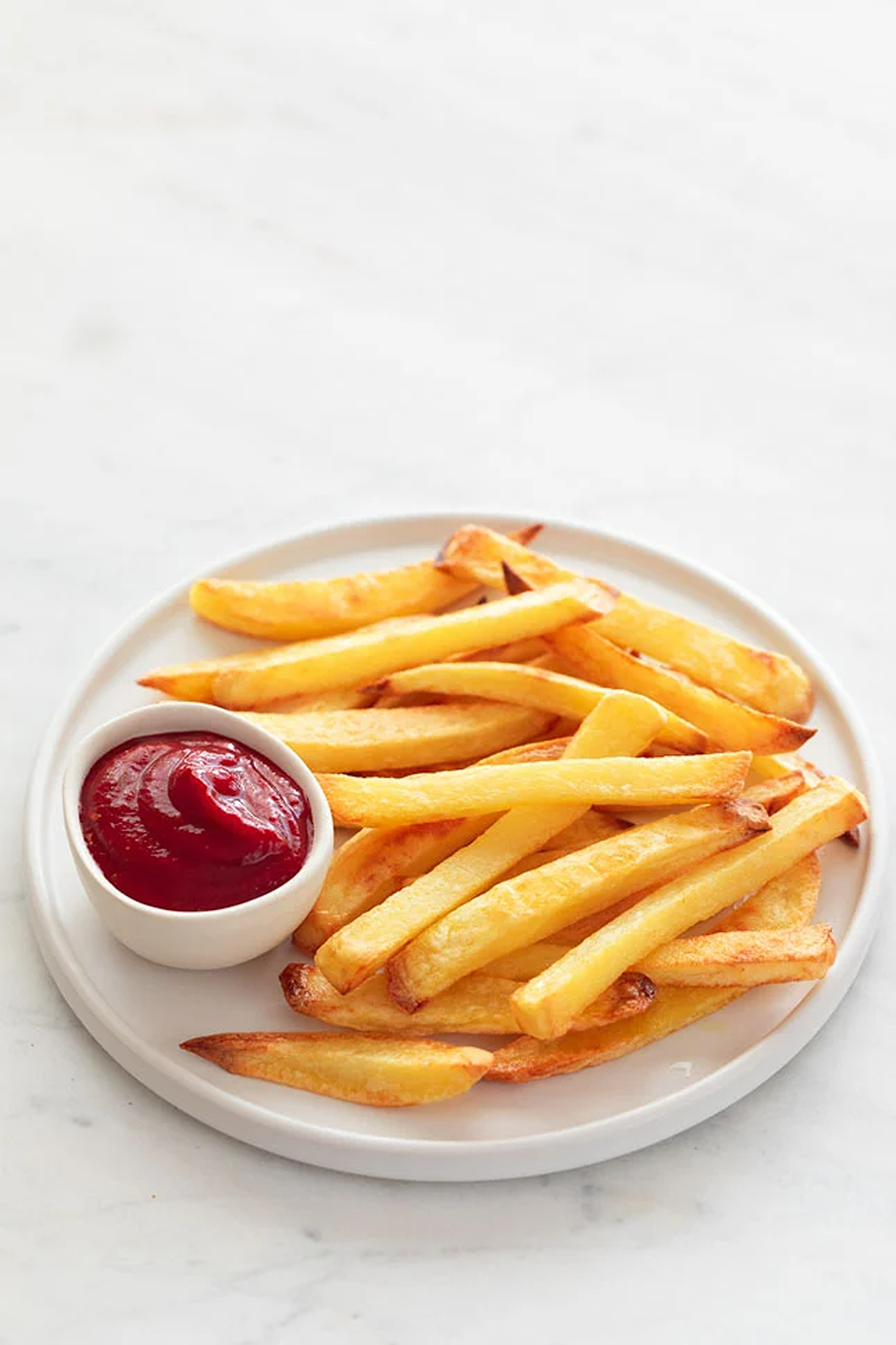A Recipe for Maple-Roasted Brussels Sprouts

Maple-Roasted Brussels Sprouts (Jessica in the Kitchen) is a simple recipe to transform the humble green veggie, that amazingly, some people don’t like? These ‘little cabbages’ have been enjoyed in England for centuries and are packed with nutrition, but many people don’t cook them properly, so don’t like them as much as they likely would!
Brussels sprouts are choking hazards for children/swallowing difficulties (also avoid for thyroid issues and some medications, due to vitamin K). Read more on food safety for people and pets (onion, garlic and other ingredients are not safe near animals).
It’s best to just bin allium scraps (garlic, onion, leeks, shallots, chives) along with tomato/citrus/rhubarb scraps, as acids may harm compost creatures.
How to Buy, Store and Cook Brussels Sprouts
In season from October to March, store Brussels sprouts in a cool dark place or in the fridge, where they keep for a few days.
Remove yellow leaves (you only need to cut larger ones) then cook in cold water with a pinch of salt, and bring to the boil (this will avoid Brussels sprout gas!) You don’t need to ‘make a cross’ in the base, this makes them soggy. Serve with vegan butter (Flora has no palm oil).
To roast Brussel sprouts, toss in olive or rapeseed oil and season with salt and pepper. Spread evenly on a baking sheet and roast at 220°C for about 20 minutes, stirring halfway for even browning.
To steam sprouts, cut larger ones in half, then steam for 6 to 8 minutes until bright-green and fork-tender, remove to avoid over-cooking. To boil, add to a large pot of boiling salted water, and cook for 5 to 7 minutes, test by poking with a fork and drain immediately.
You can also cook Brussels sprouts in an air-fryer.
Health Benefits of Brussels Sprouts
- Brussels sprouts are packed with vitamin C, so good for immunity.
- They include ingredients, for healthy vision.
- They are loaded with vitamin K, for blood clotting and bone health (check medication, to avoid interaction).
- They are low in calories, so great for losing weight.
- They are rich in Vitamin A, folate (folic acid) and potassium.
- They are high in fibre, for good digestion and to avoid constipation.






